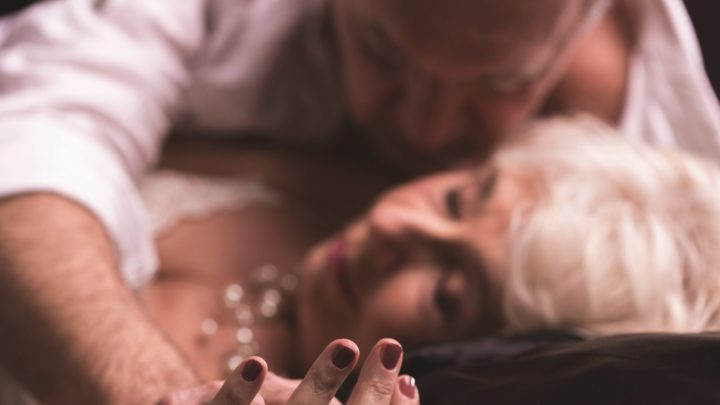Not just biology: Why sex becomes less satisfying for older women

While there’s no denying that many over-60s still have a thriving sex life and a keen interest in getting intimate in their later years, new research has confirmed what many already know: The number of women regularly having sex declines with age. And it’s about much more than just biology.
Previous studies have linked lower libido to biological factors such as decreased levels of oestrogen when a woman becomes menopausal, but new UK research published in the Menopause Journal identifies that sexual intercourse can also become less satisfying for older women due to psychosocial factors.
Researchers from the North American Menopause Society explained that while common menopausal symptoms including hot flashes, sleep disruption, vaginal dryness and intercourse becoming painful are all reasons why sex loses its appeal for some older women, less is known about the effect of various psychosocial changes that are common post-menopause.
Most women will experience menopause between the ages of 45 and 55, but symptoms can last years after a woman stops having her period. Experts now say other factors including body image concerns, self-confidence and perceived desirability, stress, mood changes and relationship issues can also impact a woman’s desire to have sex and for it to be satisfying.
A study of nearly 4,500 post-menopausal women involved in the UK Collaborative Trial of Ovarian Cancer Screening (UKCTOCS) found that while half of participants were sexually active before the start of annual screening, a decrease in all aspects of sexual activity was observed over time. This included sexual activity becoming less frequent, not as pleasurable and more uncomfortable.
The study also found that a lack of sexual activity was due to women not having a partner, mainly because they became widowed. Other common reasons why women became less interested in sex included a partner’s medical condition, a partner’s sexual dysfunction, the woman’s own physical health problems, menopause-related symptoms and prescribed medication they were taking.
Read more: Let’s talk about sex, baby! What’s ‘normal’ for over-60s
Meanwhile, the research specifically found that a decrease in libido was due to relationship problems, logistics and perceptions of ageing. Just 3 per cent of participants described positive sexual experiences and 6 per cent sought medical help for the problems they faced.
“Sexual health challenges are common in women as they age and partner factors play a prominent role in women’s sexual activity and satisfaction, including the lack of a partner, sexual dysfunction of a partner, poor physical health of a partner and relationship issues,” Stephanie Faubion, director of the North American Menopause Society said in a statement. “In addition, menopause-related problems such as vaginal dryness and pain with sex have been identified as problems affecting sexual function, yet few women seek treatment for these issues, despite the availability of effective therapies.”
Read more: From intimacy boosters to comfort ‘down there’: Your burning sex questions answered
While it may seem like an embarrassing topic, it’s important to know there is help available. For example, hormone replacement therapy (HRT) and oestrogen suppositories help many women overcome vaginal dryness and increase their libido. Meanwhile, experts may be able to offer intimacy tips to spice things up in the bedroom that don’t necessarily involve penetration.
Always talk to a GP or health professional about issues preventing you from having sex so they can offer the best advice or treatment for individual circumstances.








 Proudly Australian owned and operated
Proudly Australian owned and operated